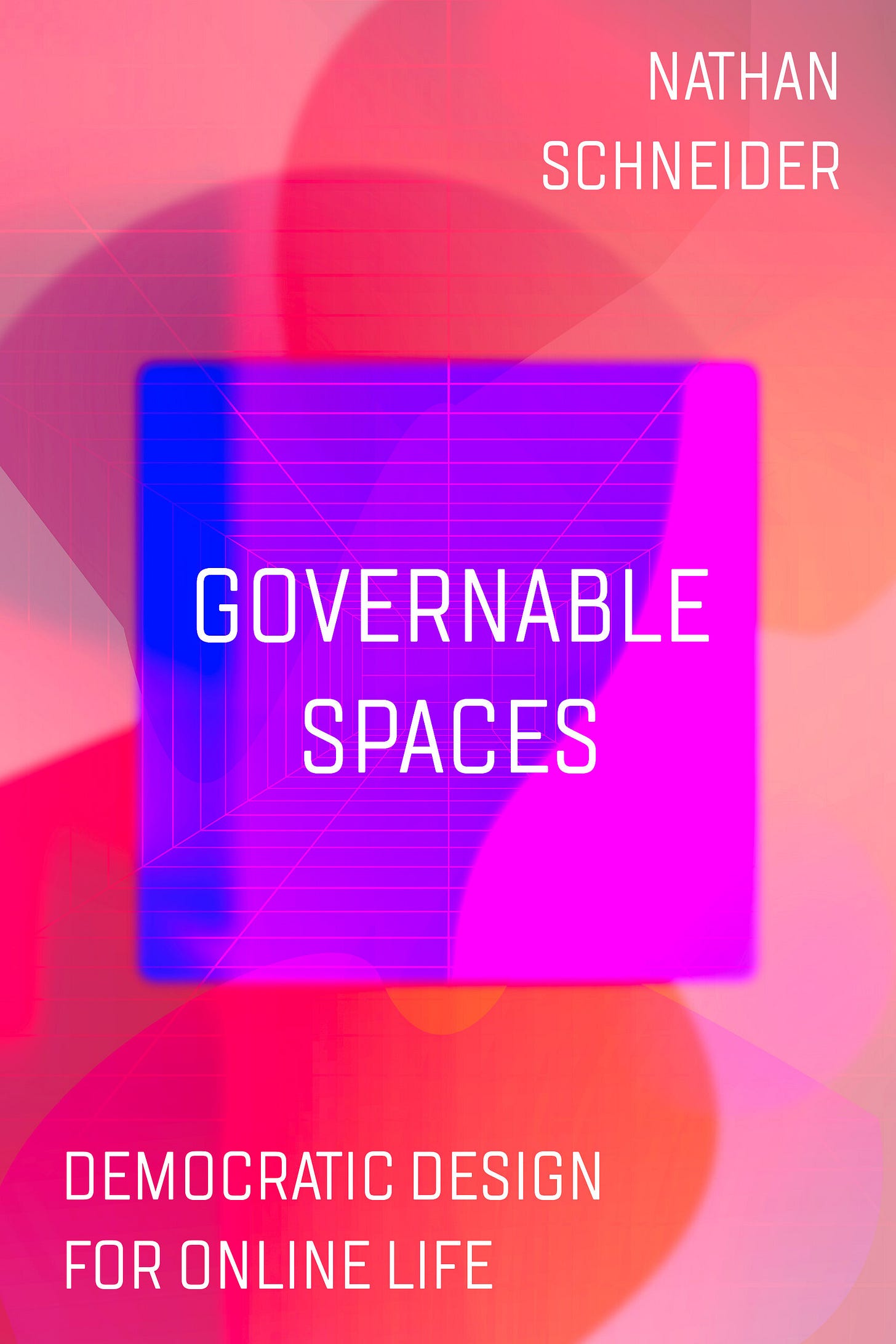Four For Friday | Aug 9, 2024
LF135 | The benefits of self control, rebooting online democracy, AI is overblown - or not?, Food is Medicine, plus your AI Personal Coach
Welcome to Looking Forward’s Four For Friday. Four things that have piqued my interest this week, together with a bonus: AI Tip of The Week. Enjoy!
Self control is the ultimate life skill
Want to get ahead in life? Get self-control. Or better, be born with it (60% is inherited) and develop it while you’re young.
The eye-popping chart below, shows health (left) and wealth outcomes (right) of those who were tracked having taken self-control tests as children. Basically, measures of physical health, substance abuse and financial problems were inversely correlated with a child’s self-control score, while socioeconomic status and income were positively correlated.
My question / pushback on this would be that the tests were done when the children were 32. I wonder how the charts would look at 62?
So What? Public policy interventions around self control! As the paper suggests: “Interventions addressing self-control might reduce a panoply of societal costs, save taxpayers money, and promote prosperity.”
How to bring democracy (and civility) online
Nathan Schneider is one of the more insightful thinkers on social justice, the Internet and new economic models, and has written widely about coops and crypto, among other things. He latest book, Governable Spaces, looks at why our online discourse is so bad, and how we could do it better.
He traces the roots of today’s social media trolls to the naïve, anarchic and libertarian beginnings of the Internet, and points out that we don’t need to look far for better ways to govern ourselves online; citing the codes of conduct of traditional neighborhood garden clubs, among others, as sources of inspiration.
Nathan Schneider argues that the internet has been plagued by a phenomenon he calls “implicit feudalism”: a bias, both cultural and technical, for building communities as fiefdoms. The consequences of this arrangement matter far beyond online spaces themselves, as feudal defaults train us to give up on our communities’ democratic potential, inclining us to be more tolerant of autocratic tech CEOs and authoritarian tendencies among politicians.
Toxic online behavior has increasingly real costs; Brexit, the UK riots and US elections are just some examples. More pernicious is the normalizing of invective, abuse and violence in regular society, emanating from the online world.
So What? We need to reframe the conversation and bring the best of in-person governance to the web, not let its anarchism destroy our offline civil society.
Three reasons we’re in an AI bubble, and four we’re not
It seems investors are getting cold feet about AI, and calling it a bubble. The article conveys why it’s both a bit of a bubble, but also a fundamental game changer.

Quick summary of the Bubble arguments:
AI investments aren't yet profitable.
Prominent AI startups are folding.
Innovation rate seems to be slowing.
Quick summary of the Stick With It arguments:
Tech companies often operate unprofitably for years.
Startup failures are normal in venture capital.
Current AI models still have untapped potential.
Technology adoption takes time, and AI is still in early stages.
So What? In other words, it’s a bubble if you back the wrong companies, but will make history if you ride the right ones.
Taking ‘Food is Medicine’ to scale
A slower-paced topic, this Time article dives into ‘Food is Medicine’ and the positive impact it’s having. Frankly, modernity has failed us: we make quick processed food universally available and affordable, and then rack up trillions of dollars in health costs paying for the consequences.
Ideally we wouldn’t need to involve the medical industrial complex at all around prevention, but for those with diabetes and other chronic conditions, a doctor’s note to change diet, together with a subsidy to make it affordable, can really make a difference.
The article discusses need for partnerships between healthcare, grocery stores, and community organizations to create comprehensive "produce prescription" programs, new technologies to connect healthcare and food retailers (making it easier for patients to access prescribed healthy foods) and the need for scalable, evidence-based interventions.
The So What? Rather than being ignored or an afterthought, nutrition education should be central in healthcare providers’ training and patients communications.
Bonus - AI Tip of the Week
Your 3 AIs: A toolkit for developing 3 AI agents - the Creator, the Thinker and the Helper. Think of them as personal coaches to help you reinvent yourself for the AI age.
That’s all for this week. As always, feedback welcome. Feel free to share insights or links of interest.
- Stephen





I always look forward to these Friday treats. There is always something interesting and of importance. ✨